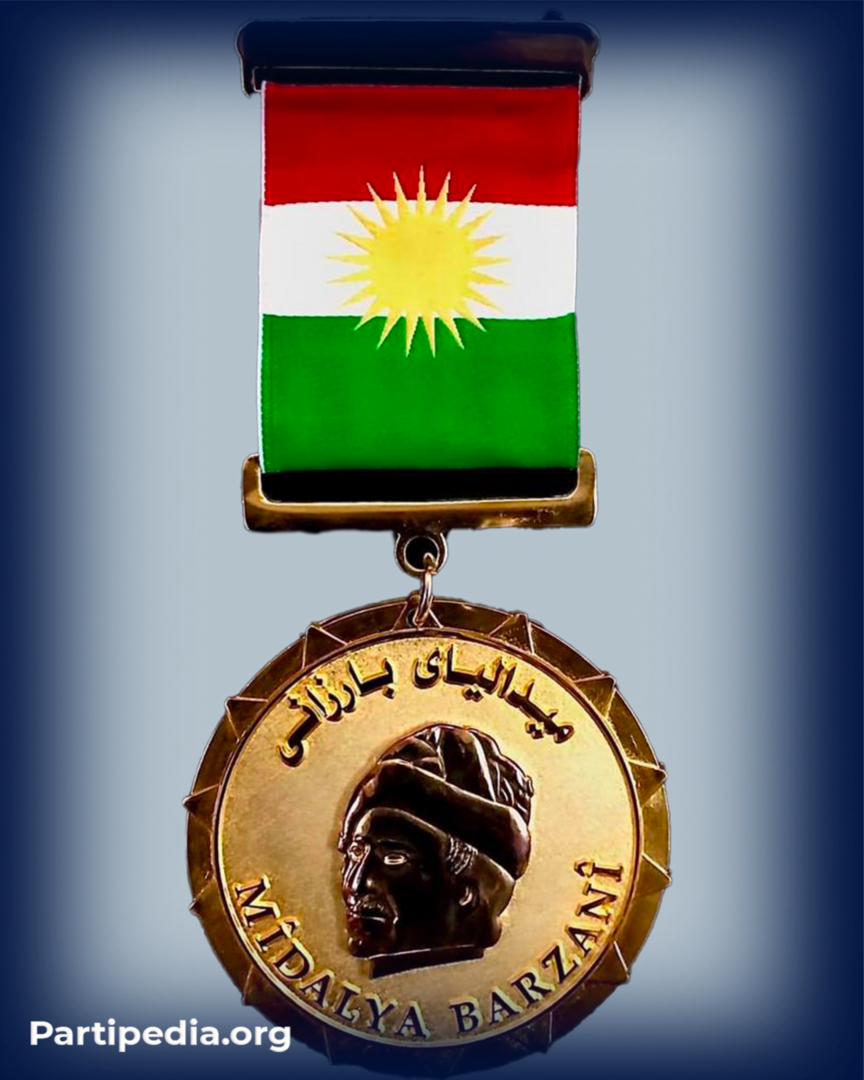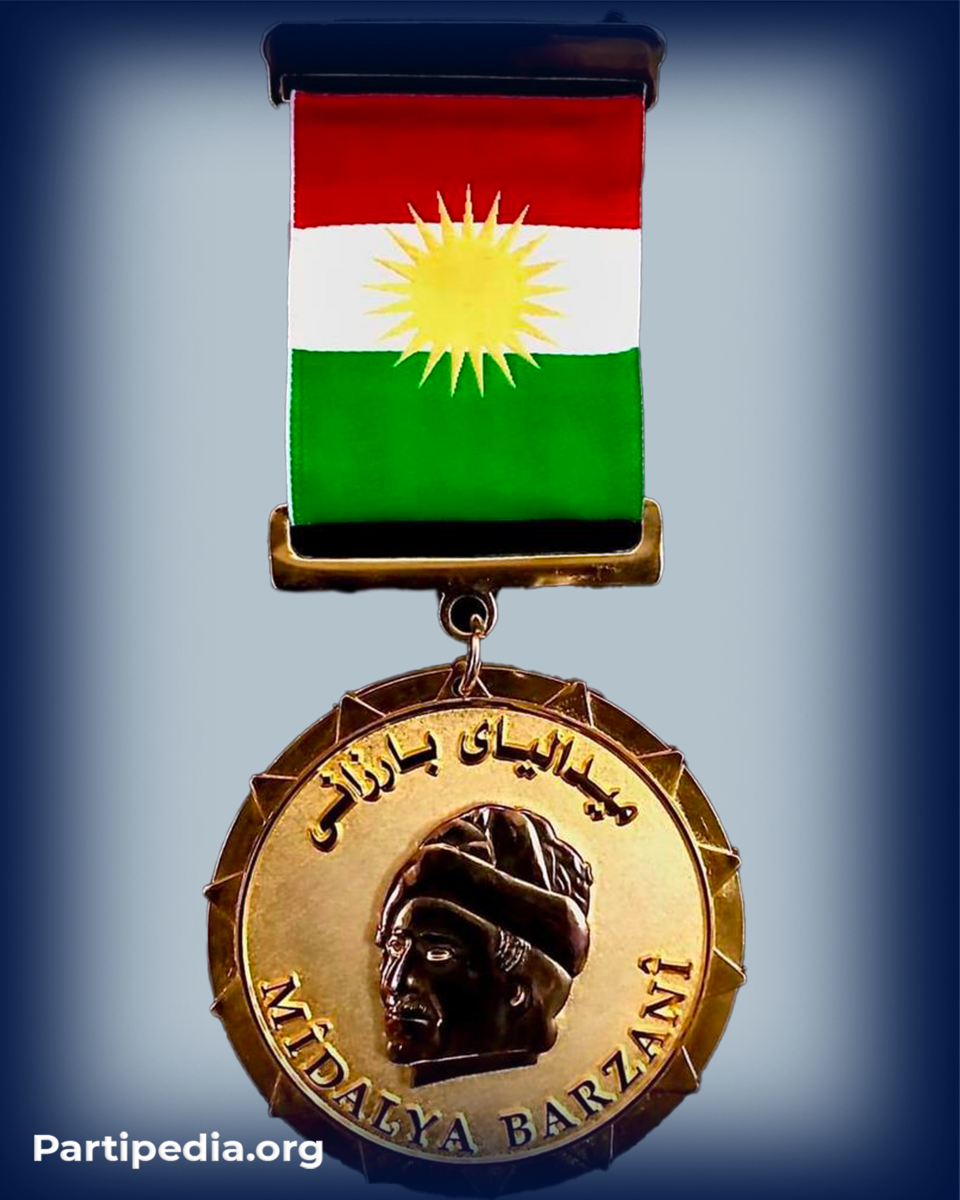Mohammed Zaki Hassan, born in 1953 in the village of Biya, located in the Baregare region of Amedi district within Duhok province, embarked on a significant journey through the tumultuous landscape of Kurdish history. In 1974, he joined the Peshmerga forces, aligning himself with the Aylul Revolution. Serving as a Peshmerga within the esteemed Halgurd force, alongside Dlovan Salih Abdulaziz, he demonstrated unwavering commitment to the Kurdish cause. However, following the collapse of the Aylul Revolution in 1975, Mohammed Zaki Hassan was compelled to flee to Iran. His journey of exile began in Naghdeh, situated in East Kurdistan, and continued as he was later relocated to Jahram camp. Eventually, he found himself in Zahedan, within the Sistan and Baluchestan province of eastern Iran. Despite these challenging circumstances, Mohammed Zaki Hassan's resilience and dedication remained steadfast.
In 1978, under the guidance of Idris Barzani, Mohammed Zaki Hassan embarked on a clandestine journey to Karaj, and from there, made his way to Urmia. He subsequently relocated to the headquarters of Region 1 in the Kumata area of Duhok province. Continuing his mission, he joined Lieutenant Ali's detachment in the Na Heli region, where he remained until 1979. That same year, he returned to Zewa camp in East Kurdistan to take part in the ninth congress of the Kurdistan Democratic Party (PDK), held in the village of Darband in the Margavar region of East Kurdistan.
Following the congress, Mohammed Zaki Hassan was assigned to the office of the PDK leader and dispatched to the Amedi region, under the leadership of Mohammed Hussein Abdulaziz Ahmad. In 1988, tragedy struck his family when his two brothers, Ali Hassan Jader and Rashid Hassan Jader, along with a nephew, Abdulrahman Ali Hassan, were killed during the infamous Anfal campaign in Badinan. Despite this devastating loss, Mohammed sought refuge in the mountains before making his way to Bahrka in Erbil province, where he lived covertly.
In 1991, he played an active role in the Kurdistan People's Uprising, during which he sustained serious injuries. After a period of recovery, he rejoined the Peshmerga forces, demonstrating his unwavering commitment. By 1993, he was transferred to the Second Special Army and eventually retired with the rank of lieutenant colonel. Throughout his distinguished military career, Mohammed Zaki Hassan participated in numerous significant battles, including those at Derelok, Khawkurk, and Kani Masi in the Badinan region of Duhok province. He was wounded three times in the line of duty. In recognition of his service, he was awarded the prestigious Barzani Medal by President Massoud Barzani at the 13th Congress of the Kurdistan Democratic Party in 2010.
Source:
Kdp encyclopedia archive





